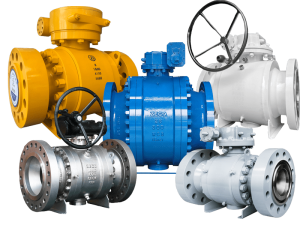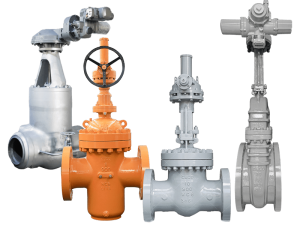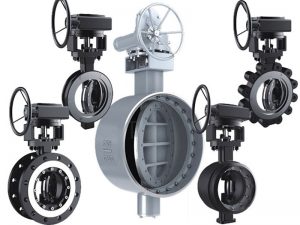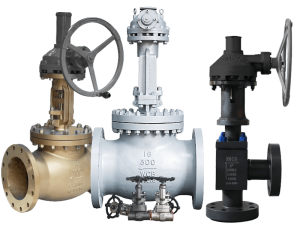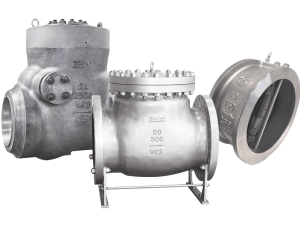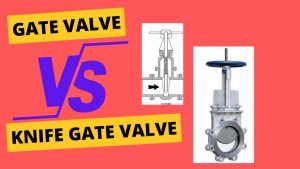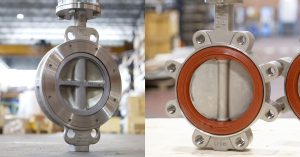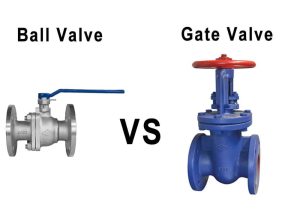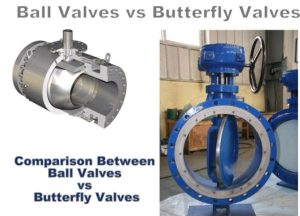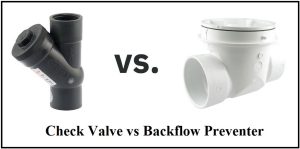What is an Actuator?
An actuator is a mechanical or electromechanical device that converts energy from a control signal into mechanical motion. In simpler terms, an actuator is a device that allows controlled movement or positioning.
Actuators need a control signal and a source of energy to bring about mechanical motion. Actuators use an energy source – such as electrical, compressed air, or hydraulic pressure – and a control signal that can be manual, an automatic electronic system, a fixed mechanical system, a software-run system, or a robotic control system.
What is an Actuator Control System?
An actuator control system is any electronic, electrical, or electromechanical system used to activate an actuator and control the direction, extent, and duration of its output. Actuator control systems may take the form of extremely simple, manually-operated start-and-stop stations, or sophisticated, programmable computer systems. The more advanced examples include servo systems that produce a wide range of actuator motion in response to the changing needs of the operational environment or process. This type of actuator control system utilizes an interface arrangement that assimilates feedback inputs from the process or mechanism and adjusts the actuator accordingly. Most actuator systems will, however, include at least a set of travel limits that prevent the actuator from over-cycling and damaging itself or the secondary mechanism.
What is LEDEEN Actuator?
LEDEEN actuator and control solutions have been consistently providing exceptional valve automation performance to the oil and gas industry for more than 60 years. Starting in 1948, a robust product design was introduced based upon solid engineering principles with a commitment to continuous improvement. Each successive year was guided consistently by those foundational principles while gaining product exposure to a wide range of operational conditions. Meanwhile, an extensive accumulation of first-hand application experience was being established.
Ledeen Control Systems and Accessory Production
- Low-Pressure Pneumatic Controls
- For local, remote, or automatic control of any low-pressure pneumatic actuator.
- Hydraulic Self-Contained Controls
- For providing a reliable valve shut-down capability when an external power source for the actuator is either not available or not dependable.
- High-Pressure Gas Controls
- For local, remote, or automatic control of any high-pressure gas actuator utilizing a natural gas or nitrogen supply.
- Hydraulic Power Units
- Provides a reliable high-pressure hydraulic output as a power source for hydraulic actuators.
- Electronic Linebreak Controls
- For monitoring pipeline operating conditions to quickly detect pressure trending toward abnormally high or low rate-of-drop values and accurately monitor those trends for an automatic shut-down response when pre-established set points are reached.
- Position-Monitoring Switches
- For a remote indication of any rotary requirements; primarily for quarter-turn valve actuators.
ZECO Valve manufactures ball valve with actuator and gate valve with actuator, if any inquiries, please contact us.
Related Tags :
Ten articles before and after
Looking for Suntec Gear Pumps and Electromagnetic Pumps? – Zeco Valve
Barton Model 318, 318A, 318C – Zeco Valve
Barton Models 273, 274, 284 and 285 – Zeco Valve
Burkert Solenoid Valves – Zeco Valve
Hydramotor Actuator H24 – Zeco Valve
PENN Lube Oil Controls and Float and Flow Controls – Zeco Valve
Brotje Combined heat and power – Zeco Valve
Barton Instruments J8A Pressure / Temp. Recorder Receiver – Zeco Valve

